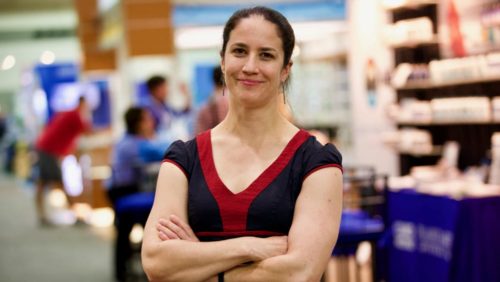 Catherine Price
Catherine Price
Author – Vitamania: How Vitamins Revolutionized the Way We Think About Food
Catherine Price is an award-winning science journalist and author of Vitamania: How Vitamins Revolutionized the Way We Think About Food. Her work has been featured in The Best American Science Writing, The New York Times, Popular Science, The Washington Post Magazine, Salon, Slate, Men’s Journal, The Los Angeles Times, Parade, Self, Outside, the San Francisco Chronicle and O, the Oprah Magazine, among other publications.
Her newest book, How to Break Up With Your Phone, investigates the effects our smartphones are having on our brains, health, and relationships, and provides an evidence-based plan designed to help us create healthier relationships with our devices.
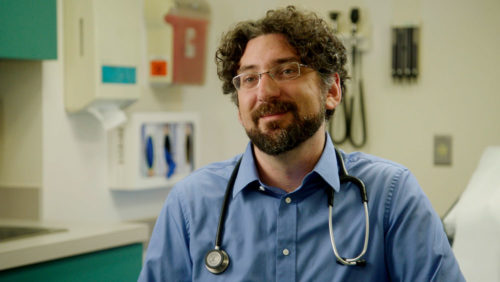 Dr Eric Churchill
Dr Eric Churchill
Medical Doctor – Baystate Medical Center
Dr Eric Churchill is a primary care doctor at the Bayside High Street Health Centre in Springfield, Massachusetts. Dr Churchill is currently principal investigator on a research project on scurvy in the urban environment. The study focuses on a cluster of patients believed to be the largest in the developed world outside of wartime and natural disasters.
Dr Churchill also has Master’s degree in Cognitive Neuroscience, from McGill University and a Master’s in Public Health from Johns Hopkins University. Eric is currently an Assistant Professor in the departments of Internal Medicine and Family Medicine at the University of Massachusetts. He is active in multiple areas of medical education, clinical practice and research with a focus on community medicine in underserved urban communities.
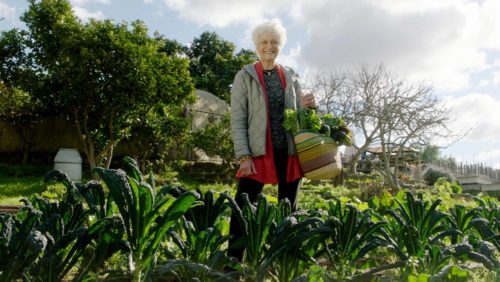 Prof Fiona Stanley
Prof Fiona Stanley
Epidemiologist – University of Western Australia
Fiona Stanley AC, FAA, FASSA is noted for her public health work, and her research into child and maternal health, and birth disorders such as cerebral palsy. She is the Founding Director and Patron of the Telethon Kids Institute and Distinguished Research Professor, School of Medicine at the University of Western Australia, Director, ANDI (Australian National Development Index) at the University of Melbourne. Trained in maternal and child health, epidemiology and public health, Professor Stanley has spent her career researching the causes of major childhood illnesses such as birth defects.
Her major contribution has been to establish the Telethon Kids Institute, a unique multidisciplinary independent research institute focussing on the causes and prevention of major problems affecting children and youth. She has over 300 publications, books and book chapters. She is a board member of the Gurrumul Yunupingu Foundation, a Governor of The Ian Potter Foundation and a former member of the Prime Minister’s Science, Engineering and Innovation Council, and a former board member of the Australian Broadcasting Corporation, and has served on major international, national and local committees. For her research on behalf of Australia’s children and Aboriginal social justice, she was named Australian of the Year in 2003 and in 2006 she was made a UNICEF Australia Ambassador for Early Childhood Development.
 Associate Prof Rachel Neale
Associate Prof Rachel Neale
Cancer Epidemiologist – QIMR Berghofer Medical Research Institute
Dr Rachel Neale is a senior cancer epidemiologist who has studied pancreatic and skin cancers; and more recently the health effects of vitamin D. She received her PhD from the University of Queensland and completed a two-year postdoctoral fellowship at Oxford University, United Kingdom. She has published over 150 papers and has extensive experience in case-control and cohort studies. Her work has contributed to the discovery of environmental and genetic risk factors for pancreatic
Rachel is currently the lead investigator for D-Health Trial, the second-largest clinical trial of high dose Vitamin D in the world. They are looking into whether routine supplementation of the general population with vitamin D can deliver health benefits.
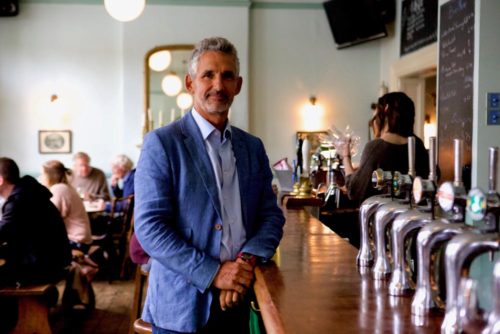 Prof Tim Spector
Prof Tim Spector
Geneticist & Author – The Diet Myth
Tim Spector is Professor of Genetic Epidemiology at King’s College London and Director of the TwinsUK Registry, which has one of the world’s richest data collections on 11,000 twins.
He is ranked in the top 1% of most cited scientists and has written several books, including The Diet Myth: The Real Science Behind What We Eatand Identically Different: Why You Can Change Your Genes.
In The Diet Myth Spector explores the complex relationship between our genes, the bacteria in our digestive system, and the food that we eat and believes this will revolutionise our understanding of nutrition.
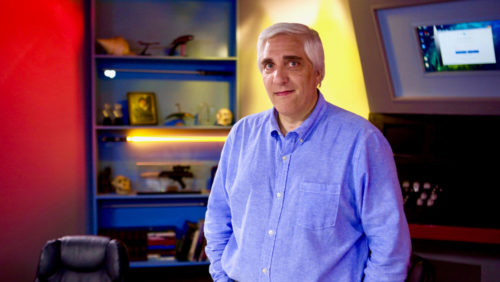 Dr Steven Novella
Dr Steven Novella
Neurologist – Yale University School of Medicine
Steven Novella, MD is a clinical neurologist and Assistant Professor at the Yale University School of Medicine. He is also the founder of Science-Based Medicine, the president and co-founder of the New England Skeptical Society, the host and producer of the popular weekly science podcast, The Skeptics’ Guide to the Universe, and the author of the NeuroLogicaBlog, a daily blog that covers the intersection of science with the media and society.
Dr Novella is highly critical of what some describe as “…the infiltration of quackery into academic medicine.” Instead, he is an outspoken and vocal advocate for scientific based medicine an approach that is dedicated to using a scientific approach to medical treatments and trials.
 Prof Walter Willett
Prof Walter Willett
Nutritionist and Epidemiologist – Harvard Chan School of Public Health
Walter C. Willett, M.D., Dr P.H., is Professor of Epidemiology and Nutrition at Harvard T.H. Chan School of Public Health and Professor of Medicine at Harvard Medical School.
Dr Willett advocates for a sensible and careful approach to consuming supplements. Dr Willett is the most cited nutritionist internationally, he has published over 1,700 original research papers and written the textbook, Nutritional Epidemiology. He is also the author of four books for the general public, the best known being Eat, Drink, and Be Healthy: The Harvard Medical School Guide to Healthy Eating.